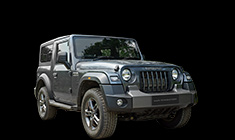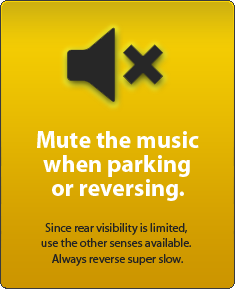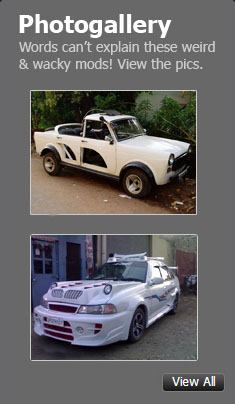News
Impact of 20% ethanol blend on current petrol engines
I wonder if this has been factored by owners who either purchased the vehicle already or intend to buy the petrol version.
BHPian Vandit recently shared this with other enthusiasts.
Gentlemen, I've been sitting on the fence a long time on the Jeep Compass. The economics (in my situation) favour the Petrol, but I found the Diesel to be the better of the two.
Having said that, budget was (and is) still a constraint, and given that I can see myself using the 4x4 only in specific conditions, it annoyed me no end that Jeep didn't offer the diesel in a 4x2 trim. Plus the current mark-ups between versions are simply astronomical and Jeep should by now know very well there is a case for a 4x2 to bridge the gaps in trims for those who don't need the 4x4 but can still enjoy that diesel motor.
So while I was researching in detail on both - I came across a somewhat worrying detail mentioned in the Jeep owner's manual, and that's to do with the fuel specifications, in particular - the petrol and the maximum blend of Ethanol that can be used. Guess what? The max that's recommended is a 10% ethanol blend.
Given that the government in its infinite wisdom has been pushing for greater concentrations of ethanol blends in petrol going forward, even advancing the target to 2025, I wonder if this has been factored by owners who either purchased the vehicle already or intend to buy the petrol version.
I dare say I wouldn't be out of place to think if the higher blends of ethanol were to wreak havoc with the functioning of the engine, Jeep would not be wrong to deny warranty claims or support on it?
Here's the extract from the owner's manual taken off Jeep's site.
What do you fellow BHP folks have to say on this? Frankly, I think this has now become a pertinent question for all buyers of new petrol fuelled vehicles. Come 20% ethanol - are current vehicles good to support it? If not - why are they being allowed to be sold? And, if they are being allowed to be sold - what does one do when the fuel blend is 20% (force majeure) and something goes wrong with the engines performance - how are the buyers going to be safeguarded? Let's face it - 2025 is just 3.4 years away! Well within the realistic ownership period targets of most buyers me thinks?
Here's what BHPian CrAzY dRiVeR had to say on the matter:
It should be mentioned in the owner's manual for most cars, at least the international ones. For example - here is a pic of the Volkswagen Taigun that we drove recently which mentions E5 or E10 grades only.
Here's what BHPian wbp.rider had to say on the matter:
Government initiative is good considering the fuel price and climate.
While E20 fuel will start, the current E10 fuel will continue in parallel. 2025 will not be a hard deadline and it cannot be as the E20 fuel will have detrimental effect on engine. Also due to the lower energy density of the fuel, will have adverse impact on over all power of the engine.
The car manufacturers need to do a lot of changes to adapt the E20 fuel.
Brazil do have E100 fuel, so it is very much achievable.
However the E15 fuel did had adverse effect soon engine when tested on Nissan with E10 engine.
So the fuel and engine will see very dynamic changes in next couple of years.
With IPCC papers and all government taking up climate change very seriously, EV engines will be the future until there is another break-through in transportation.
Here's what BHPian abhishek46 had to say on the matter:
I was expecting Ethanol to be dirt cheap. However, it is not.
The prices of Ethanol ranges between Rs 45 to 60 per litre (Depending on the source from which the Ethanol was extracted).
Compare this to the pre-tax price of petrol, i.e. Rs 40 per litre.
How is this going to benefit the end customer?
Check out BHPian comments for more insights and information.
- Tags:
- Indian
- Member Content
- Ethanol
- fuel

















